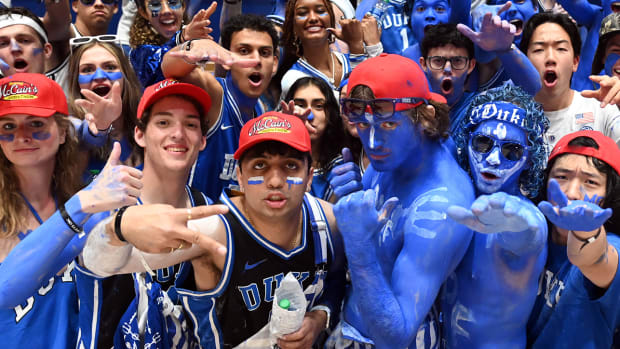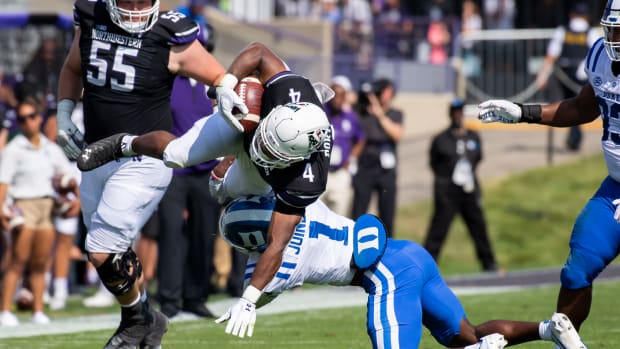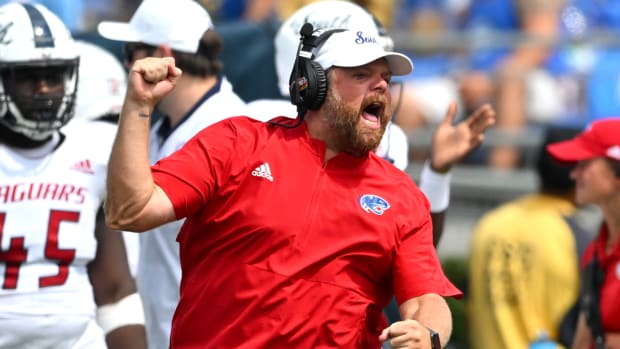Coronavirus and Sports: Why NCAA Needs College Football Back in Fall

The NCAA announced that eligibility and athletic scholarships would be extended into next year for spring athletes whose sports have been canceled due to the coronavirus shutdown. SI senior writer Pat Forde breaks down how the NCAA, its athletes, and colleges around the country are planning ahead for the next academic year, and why college football has a big part to play.
Most of those spring sports impacted by the NCAA's decision are under a revenue crunch as it is. In good financial times, many Olympic sports need to be supported by revenue that comes from higher-profile sports. For many schools, that revenue is produced by college football.
Extending scholarships will add expenses to cash strapped programs at a time when athletic departments need to tighten their belts with revenue down after the cancellation of the NCAA basketball tournament.
Forde spoke to several college administrators who told him, "Boy, we'd better have college football in the fall, because that's the revenue cash cow for everyone."
With talk that the start of the college football season may be delayed, and perhaps games cancelled due to fallout from the global pandemic, athletic departments could find themselves in deep financial holes. Even if athletes want to take advantage of the NCAA's ruling and utilize their extra year of eligibility, they may find that the scholarship money simply isn't there.
As Forde said, "College football is going to be pretty darn vital from a sports standpoint in terms of balancing budgets and keeping every sport viable on college campuses."





